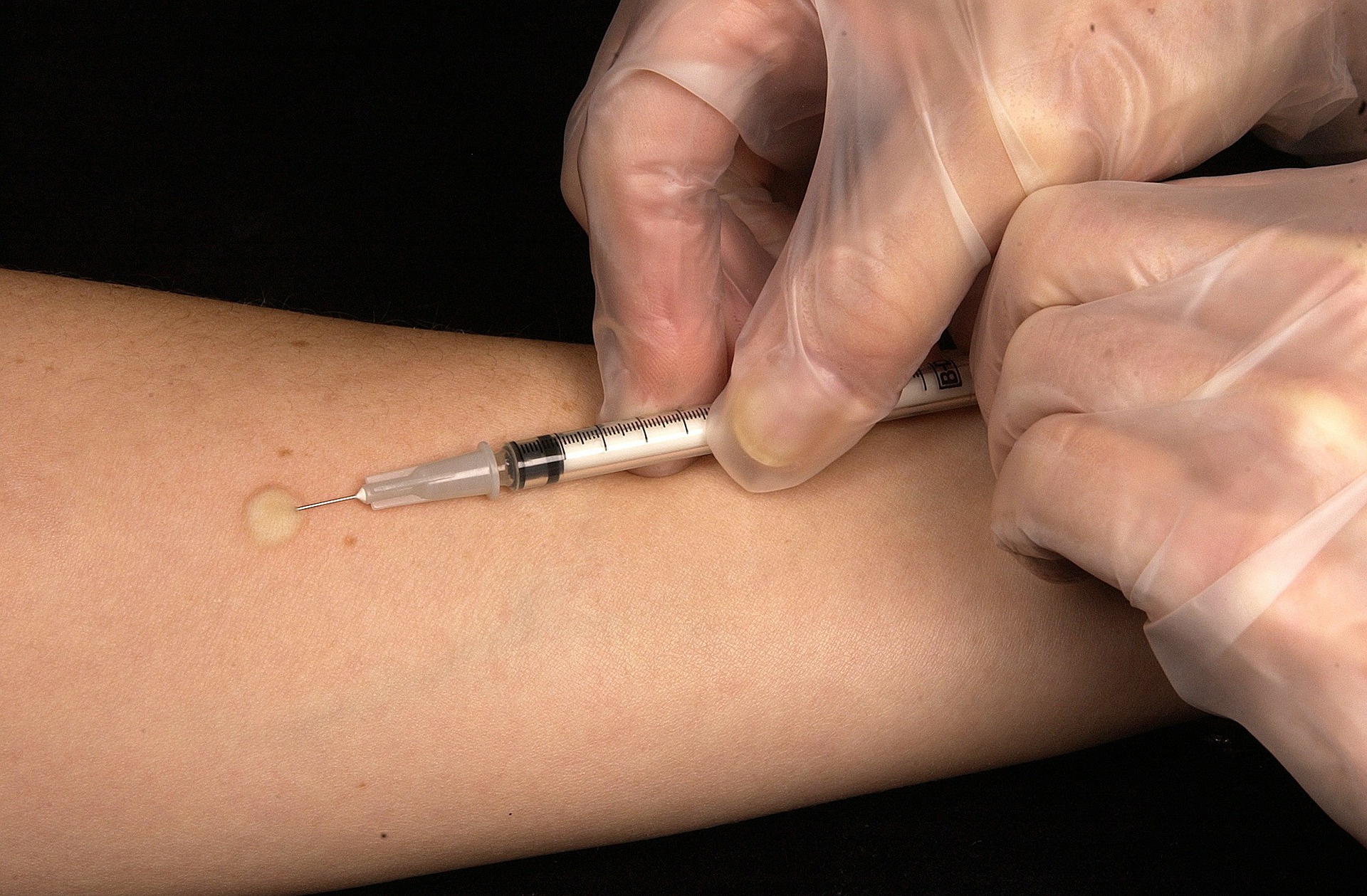Peter McCullagh
Medical Doctor and researcher, bioethicist
Peter McCullagh is a graduate of the University of Melbourne (MD), Oxford University (D Phil) and a member of the Royal College of Physicians (MRCP Lond.). He was a member of the John Curtin School of Medicine, ANU for 35 years undertaking research on the manner in which the immune system learns to recognise self during fetal life and the implications of this process for autoimmune diseases and transplantation in adult life. Apart from immunological research articles, he has had 4 books published 3 of which deal with bioethical issues.
Disability and Assisted Suicide: A Lethal Combination?
At the completion of the Rio Paralympics in 2016, Marieke Vervoort, a Belgian silver medallist in the 400 metres, and a winner of silver and gold medals at the London Olympics announced to a BBC interviewer that she had completed the requirements to receive medical assistance to commit suicide at a future time of her choosing.
Marieke explained that, notwithstanding her satisfaction at winning the medal: there is also another side to the medal, the side of suffering and of saying goodbye to the sport. Because I love the sport, sport is my life. Referring to her future plans, she confided: I know when it's enough for me, I have those papers.
Sixty-Six Steps to Assisted Dying
We think that this model, which we acknowledge is the most conservative model for assisted dying in the world, is the right model for Victoria (Professor Brian Owler)
Claiming a world’s best regulatory document inevitably recalls Bob Carr’s comment in the course of the debate on an Australian bill of rights. Carr commented that, on reading, the world’s most impressive charter of rights came from the USSR in the mid 1930s. Recently, the difference between regulation and practice in banking and irrigation has made news. It’s all about compliance. How well will the 66 recommendations in the world’s most conservative model for assisted suicide accomplish compliance? This paper will briefly consider some of the recommendations, especially in the context of other regulatory systems.
Assisted Suicide and 'Bracket Creep'
[This is the second article on assisted suicide in the series by Peter McCullagh. Click here to read the previous article, Good Suicide Vs Bad Suicide:]
Q. What do the terms ‘climate change’ and ‘slippery slope’ (in relation to assisted suicide) have in common?
Α. Both are regularly dismissed as fictitious in ‘one liners’. In both instances, the terms predict adverse consequences. In both instances, those predictions are based on preceding events, and their value will be dependent on the accuracy of description and analysis of those events. Should the evidentiary value of relevant preceding event be poor, then the credibility of the predictions, be they concerned with climate or assisted suicide will be proportionally diminished. ‘One line’ dismissals, particularly in relation to assisted suicide, have invariably denied the existence of the preceding events on which predictions of a ‘slippery slope’ are based. Nevertheless, detailed examination of those events has invariably been absent.
Good Suicide Vs Bad Suicide
If it looks like a duck and it quacks, then . . . On the same day that the Victorian Legislative Council Select Committee Inquiry into end of life choices report was released, the Prime Minister foreshadowed a new inquiry into suicide and its prevention. That evening, the ABC ‘Drive’ program ran the two news items consecutively. Whether this arrangement reflected an initiative of a program arranger or was completely fortuitous, is not known but the grouping of the two items failed to elicit any comment from the usually chirpy presenter ‘PK’. Nor were any text messages from listeners received by the ABC (or at least none were aired). Perhaps this was an early indication of a general failure to recognise that the term ‘assisted dying’ had a very well established currency overseas as a polite substitute for assisted suicide and/or euthanasia. It certainly represented an emphatic acknowledgement of the success of the Select Committee in quarantining the S word from polite conversation.










